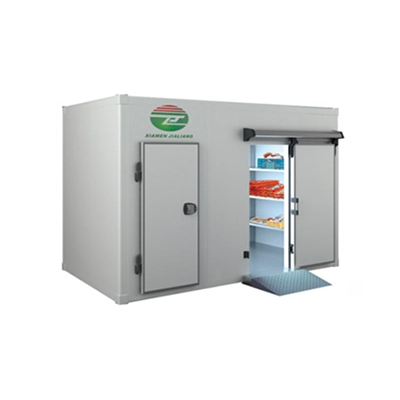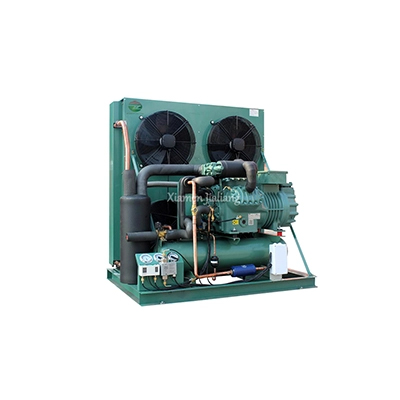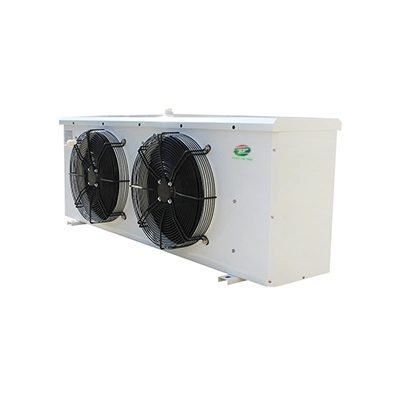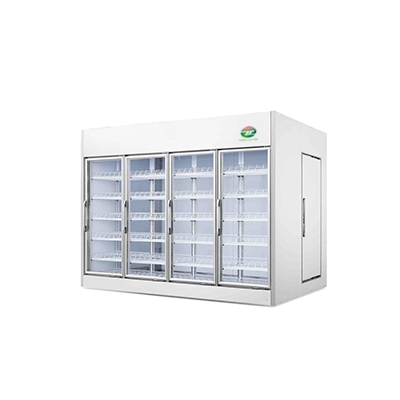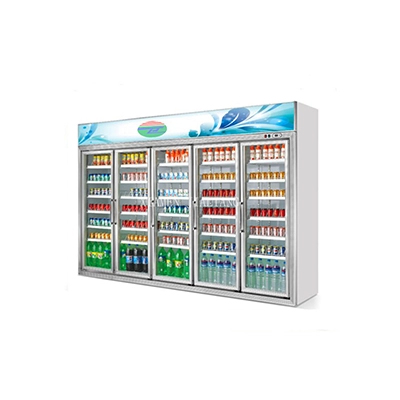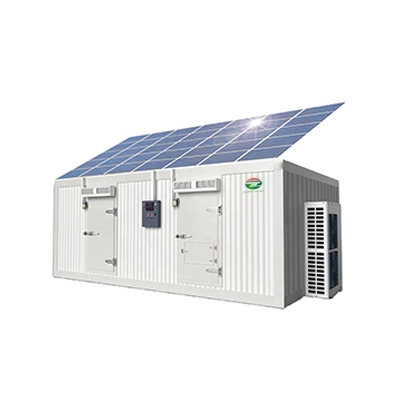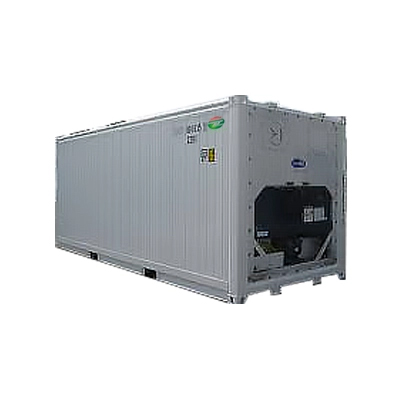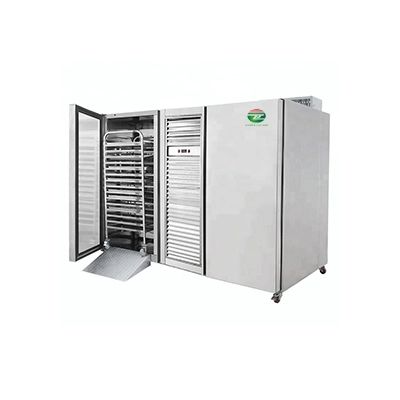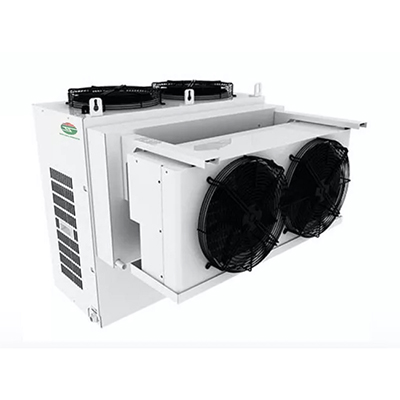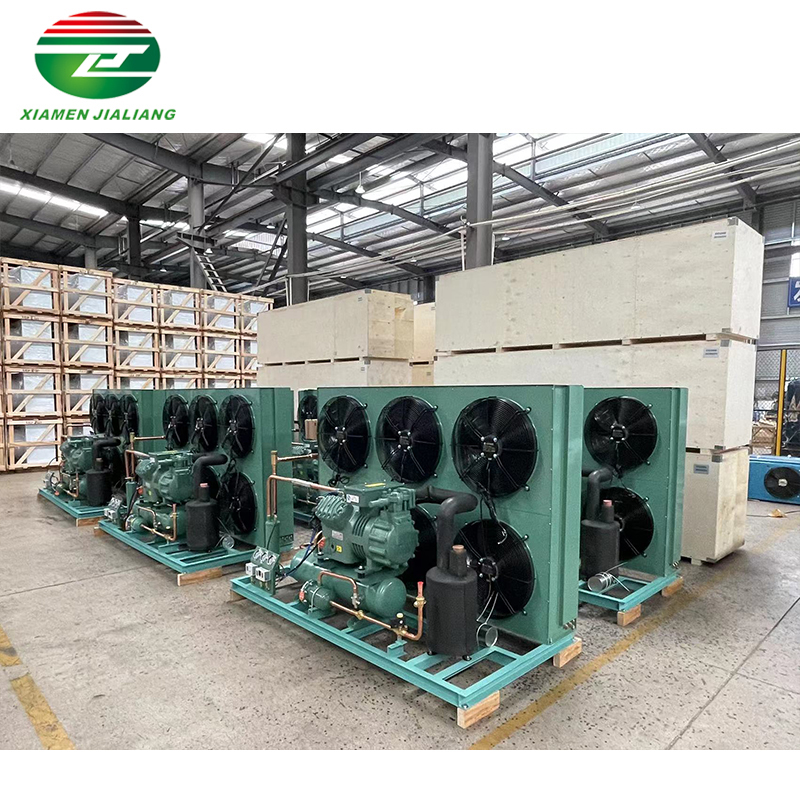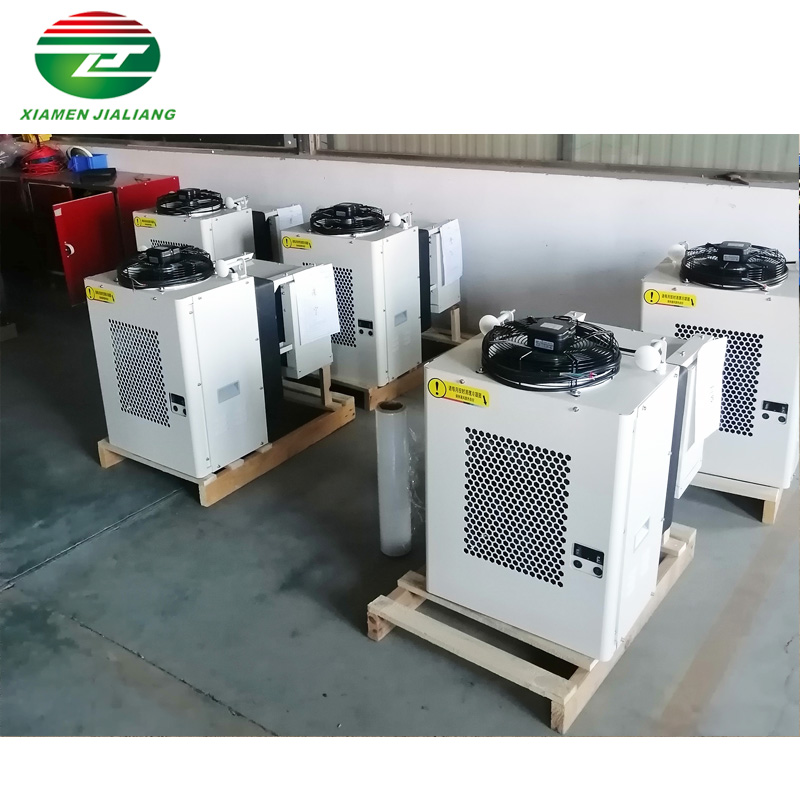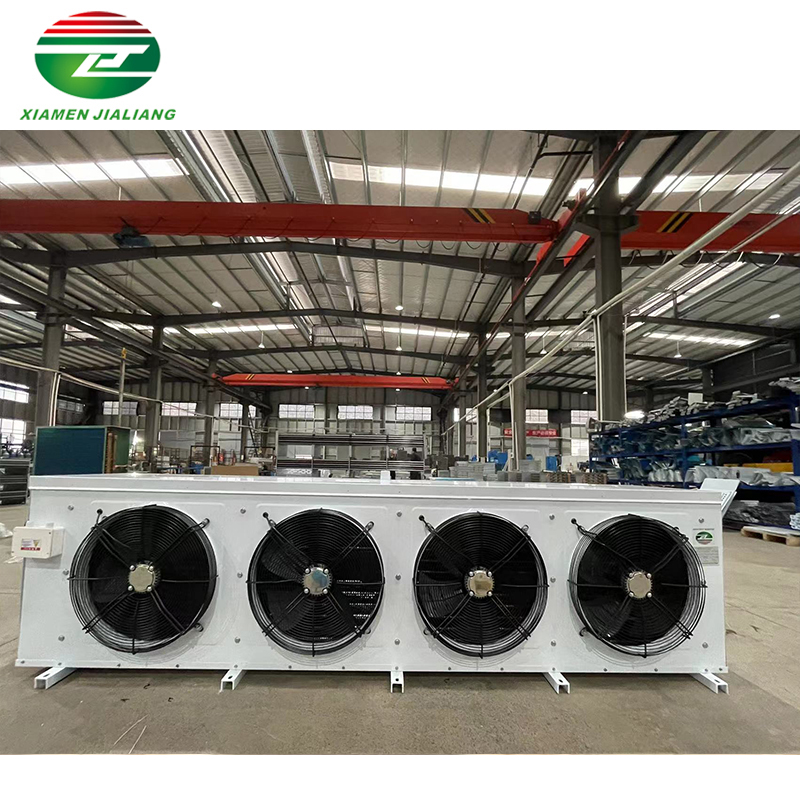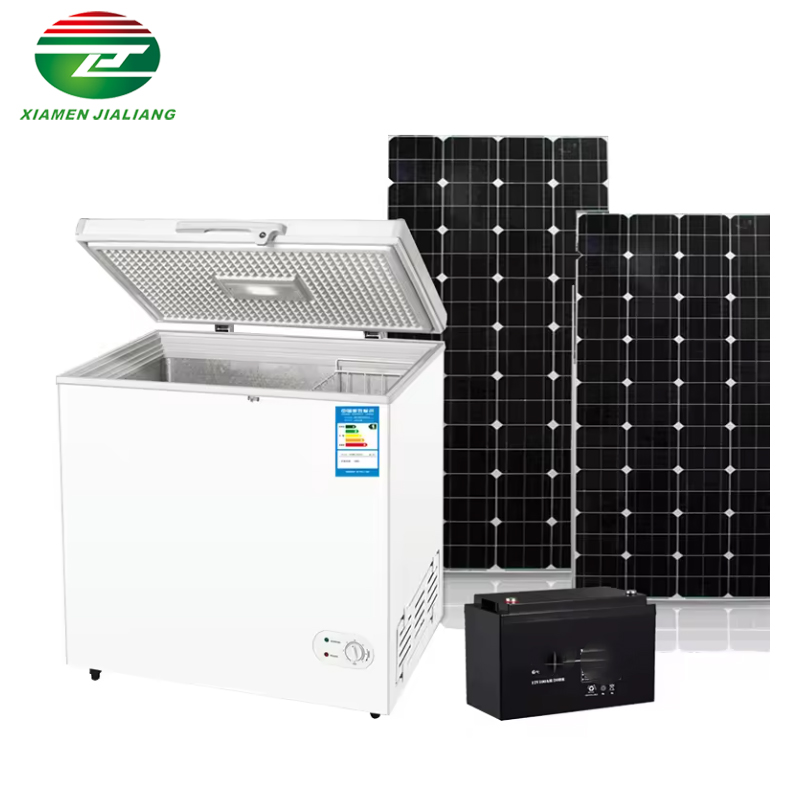The key role of cold storage in pharmaceutical storage
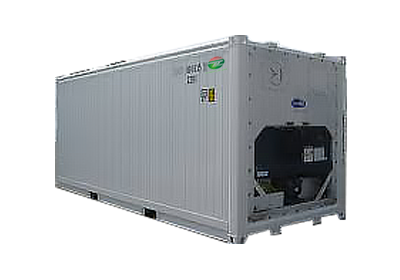
Cold storage plays a crucial role in pharmaceutical storage, ensuring the safety and efficacy of pharmaceutical products. With the increasing demand for pharmaceuticals and the development of complex biologics and vaccines, the need for reliable cold storage solutions has become paramount. In this article, we will explore the importance of cold storage in pharmaceutical storage and delve into the benefits it provides. Additionally, we will discuss key considerations that pharmaceutical companies and storage providers must keep in mind when implementing cold storage systems. By understanding the significance of cold storage and its associated benefits, pharmaceutical companies can maintain the integrity of their products and meet regulatory requirements effectively. Whether it is the storage of temperature-sensitive drugs or the preservation of biological samples, cold storage offers a vital solution for the pharmaceutical industry.
The Need for Cold Storage in Pharmaceutical Storage
In the pharmaceutical industry, the need for cold storage is paramount. The effectiveness and safety of many drugs and vaccines depend on maintaining a specific temperature range. This is where cold rooms play a crucial role. Cold rooms are specially designed storage facilities that provide a controlled environment, ensuring that pharmaceutical products are stored at the optimal temperature.
Cold storage is essential for preserving the integrity of medications and vaccines. Many pharmaceutical products are highly sensitive to temperature fluctuations, and exposure to extreme temperatures can lead to a loss of potency or even render them ineffective. By storing these products in cold rooms, pharmaceutical companies can maintain their efficacy and ensure that patients receive medications that are safe and effective.
Furthermore, cold storage also plays a vital role in extending the shelf life of pharmaceutical products. Some medications and vaccines have a limited lifespan and can deteriorate quickly if not stored properly. Cold rooms provide the ideal conditions for preserving the quality and efficacy of these products, allowing pharmaceutical companies to extend their shelf life and reduce the risk of waste.
In addition to temperature control, cold rooms also offer other benefits in pharmaceutical storage. They provide a sterile and clean environment, minimizing the risk of contamination. This is particularly important for medications that are administered via injections or intravenous infusions, as any contamination can have severe consequences for patients. Cold rooms also offer ample space for storage, allowing pharmaceutical companies to organize their inventory efficiently.
The demand for cold storage in the pharmaceutical industry is only expected to grow. With the development of new medications and vaccines, as well as the increasing focus on personalized medicine, the need for proper storage conditions becomes even more critical. Cold rooms ensure that pharmaceutical products are kept in optimal conditions, safeguarding their efficacy and protecting patient health.
Benefits of Cold Storage in Pharmaceutical Storage
Cold storage plays a crucial role in pharmaceutical storage, offering numerous benefits that ensure the preservation and quality of pharmaceutical products. One of the key advantages of cold storage is its ability to maintain the integrity of temperature-sensitive medications and vaccines.
Pharmaceutical products are highly sensitive to temperature fluctuations, and exposure to improper storage conditions can lead to decreased effectiveness or even complete spoilage. Cold rooms, equipped with temperature-controlled systems, provide a consistent and optimal environment for storing these delicate products. By maintaining a specific temperature range, cold storage prevents the degradation of active ingredients, ensuring that pharmaceuticals retain their potency and efficacy.
Another benefit of cold storage in pharmaceutical storage is the prevention of microbial growth. Many pharmaceutical products are vulnerable to contamination by microorganisms, which can compromise their safety and effectiveness. Cold rooms are designed to maintain low temperatures, inhibiting the growth of bacteria, fungi, and other harmful microorganisms. This not only extends the shelf life of pharmaceutical products but also reduces the risk of infections or adverse reactions when these products are administered to patients.
In addition to temperature control and microbial prevention, cold storage also facilitates proper inventory management. Cold rooms are equipped with specialized shelving and storage systems that allow for efficient organization and tracking of pharmaceutical products. This ensures that medications and vaccines are readily accessible when needed, reducing the risk of stockouts and ensuring timely distribution to healthcare facilities.
Furthermore, cold storage enables the transportation and distribution of pharmaceutical products over long distances. With the global nature of the pharmaceutical industry, it is often necessary to transport medications and vaccines to different regions or countries. Cold storage facilities, such as refrigerated trucks or containers, provide the necessary temperature-controlled environment during transit, safeguarding the integrity of the products from manufacturer to end-user.
Key Considerations for Cold Storage in Pharmaceutical Storage
When it comes to pharmaceutical storage, one of the key considerations is the need for cold storage facilities. Cold storage is essential for preserving the integrity and efficacy of pharmaceutical products that are sensitive to temperature variations. In this article, we will explore the key considerations for cold storage in pharmaceutical storage.
First and foremost, maintaining the appropriate temperature range is crucial in a cold storage facility. A cold room, specifically designed for pharmaceutical storage, ensures that the temperature remains within the optimal range. This helps to prevent any degradation or alteration of the medications or vaccines stored within. The cold room should be equipped with temperature monitoring systems to ensure that any fluctuations are immediately detected and addressed.
Another important consideration is the storage capacity of the cold room. It is essential to have enough space to accommodate the pharmaceutical products without overcrowding. Overcrowding can lead to inadequate air circulation, which may compromise the temperature control and increase the risk of spoilage. Therefore, it is crucial to assess the storage needs and invest in a cold room that provides sufficient capacity.
Additionally, the cold room should have proper ventilation systems to maintain air quality. Good ventilation helps to prevent the buildup of moisture, which can lead to mold growth and contamination of the pharmaceutical products. It is also important to have air filters in place to remove any particulate matter or impurities from the air, ensuring a clean and controlled environment.
Security is another vital consideration when it comes to cold storage in pharmaceutical storage. The cold room should have restricted access and be equipped with security measures such as surveillance cameras and alarm systems. This helps to prevent unauthorized access and ensures the safety and integrity of the stored medications.
Regular maintenance and calibration of the cold room equipment are essential to ensure its proper functioning. This includes routine checks of temperature controls, ventilation systems, and alarms. It is also important to have backup power systems in place to prevent any disruptions in case of power outages.
Conclusion
Cold storage is an essential component of pharmaceutical storage as it maintains the correct temperature, preserves efficacy, and extends shelf life of medications and vaccines. Cold rooms provide a controlled environment that minimizes contamination risk and offers ample space for efficient storage. The benefits of cold storage in pharmaceutical storage are undeniable, including maintaining temperature integrity, preventing microbial growth, facilitating inventory management, and enabling safe transportation. By investing in cold storage solutions, pharmaceutical companies can ensure that patients receive safe, potent, and reliable medications and vaccines. Key considerations for cold storage include maintaining the appropriate temperature range, sufficient storage capacity, proper ventilation, security measures, and regular maintenance. Adhering to these considerations allows pharmaceutical companies to confidently store their products in cold storage facilities, knowing they are well-preserved and protected.

